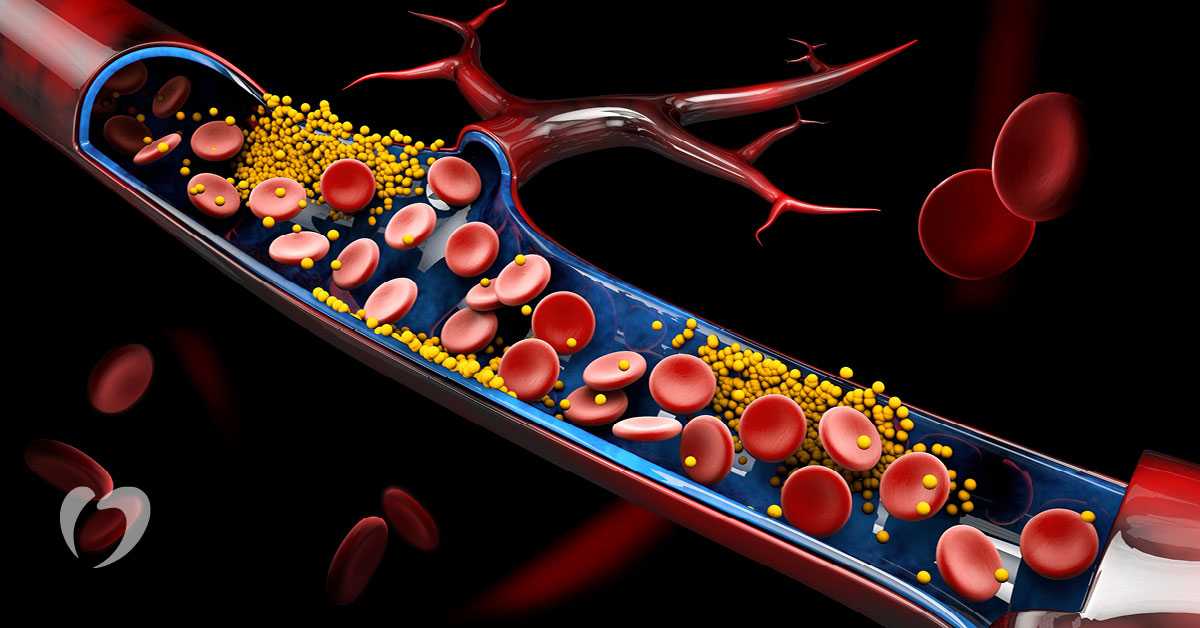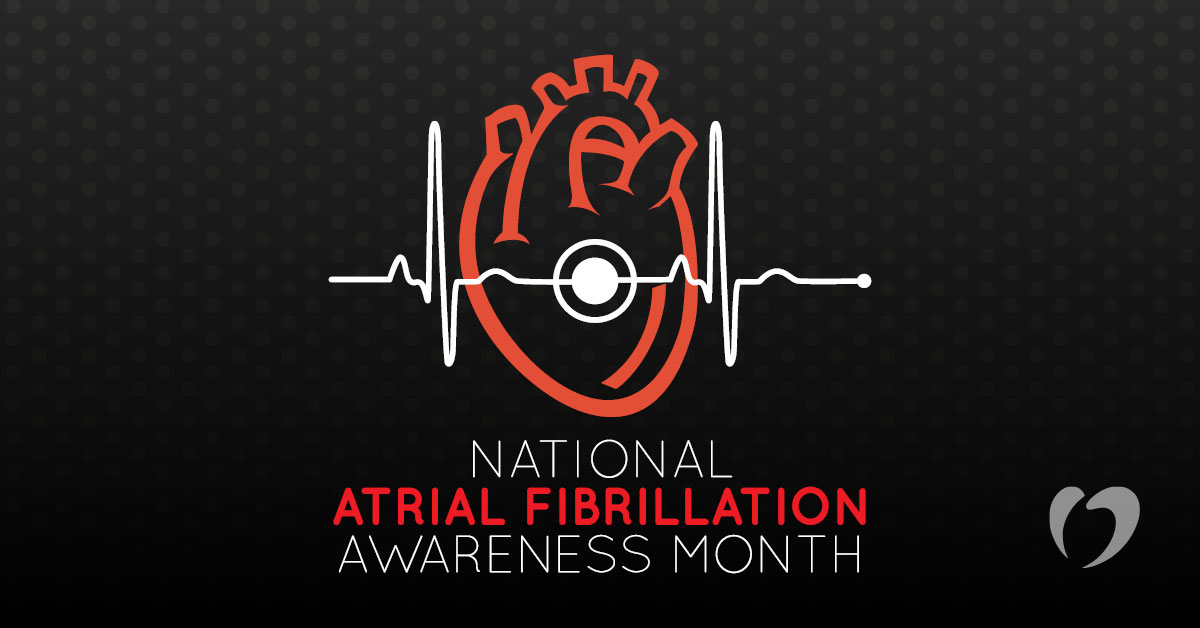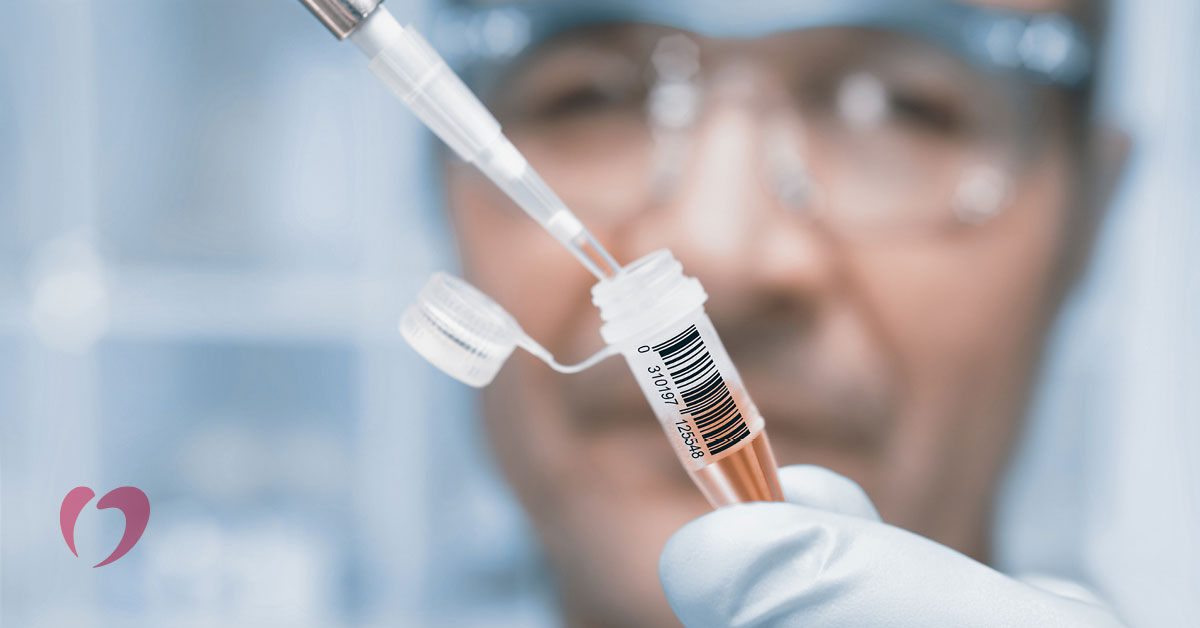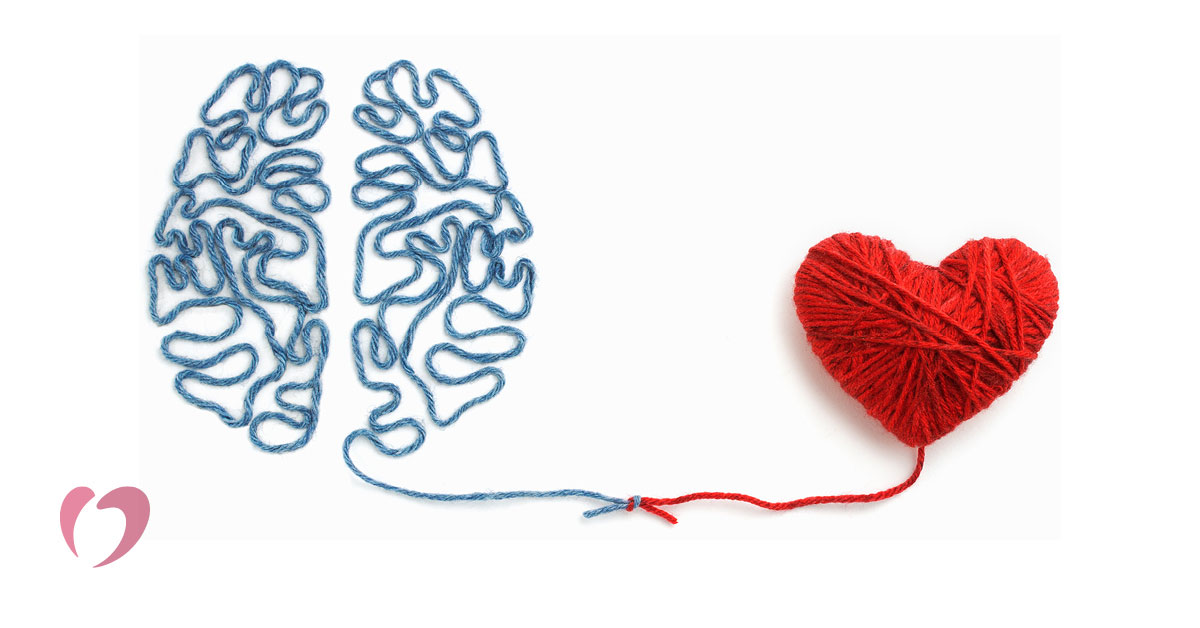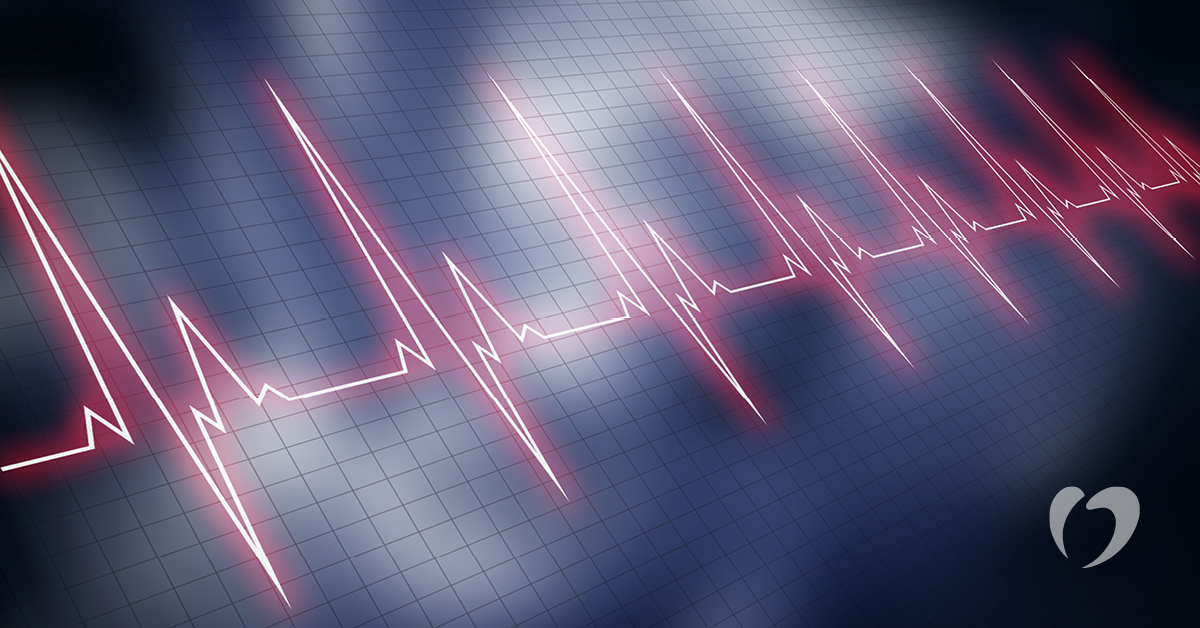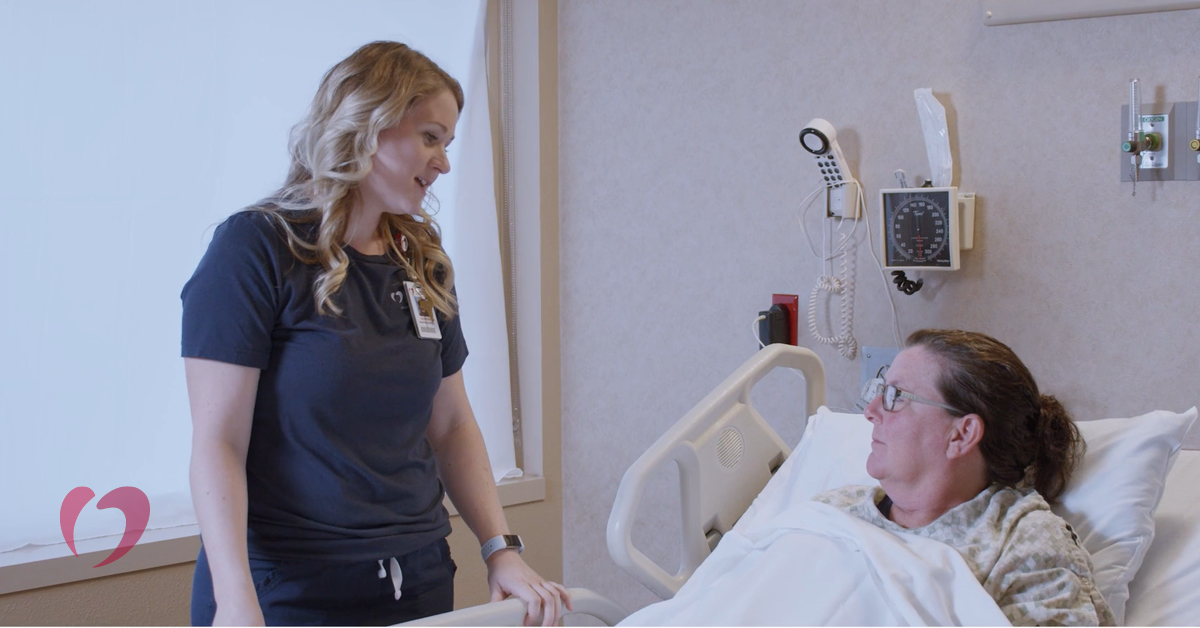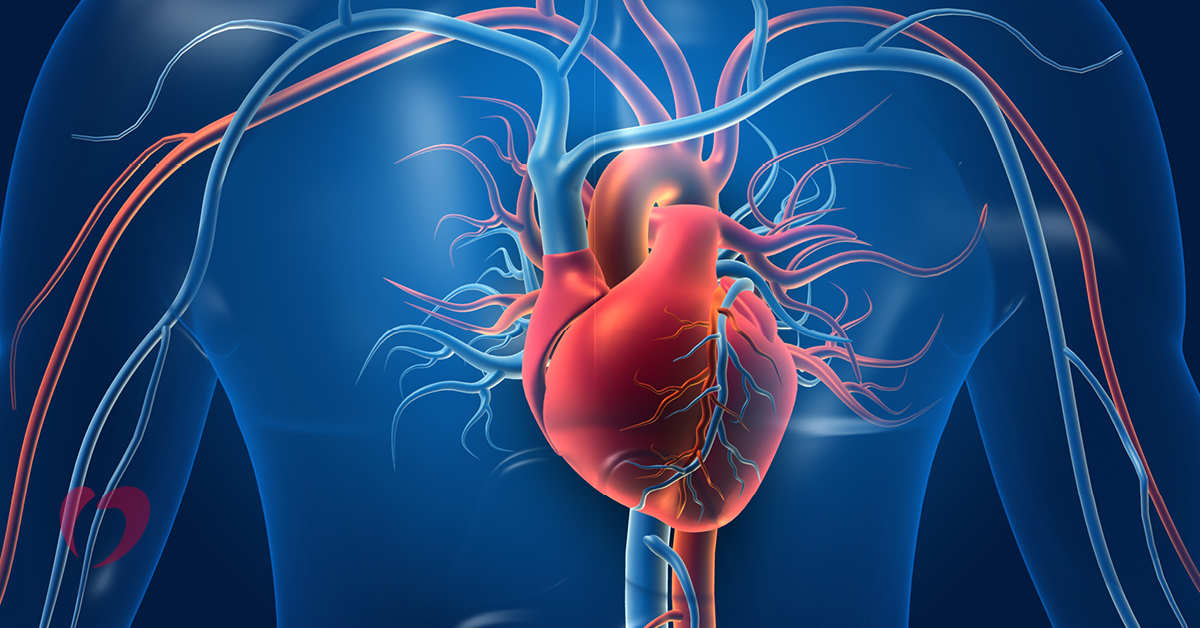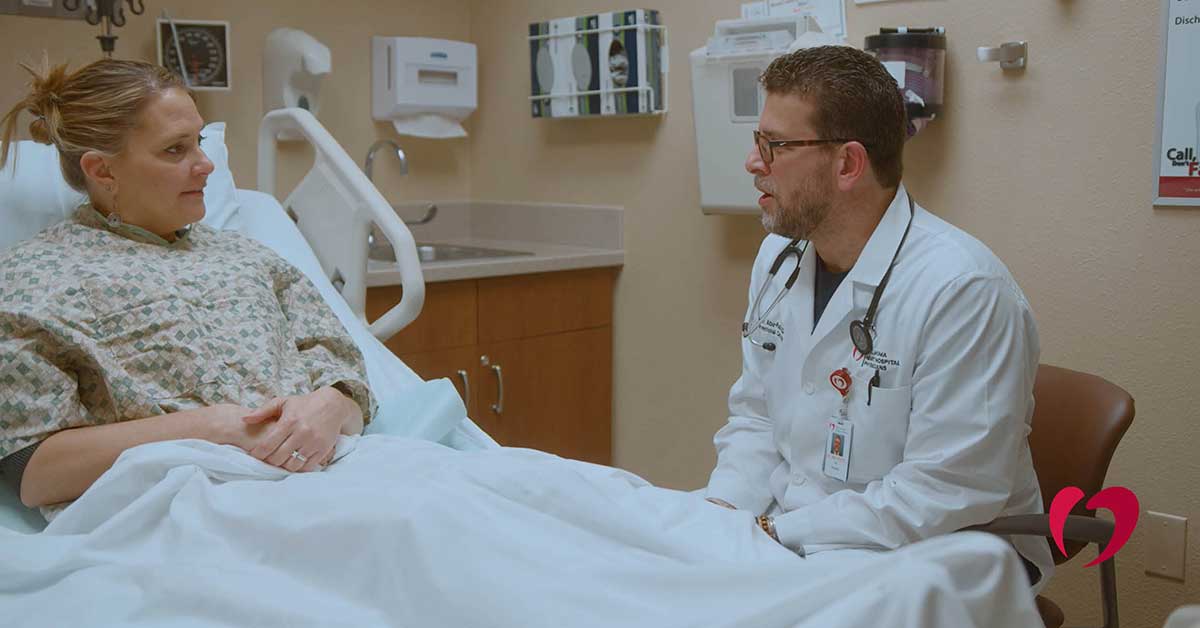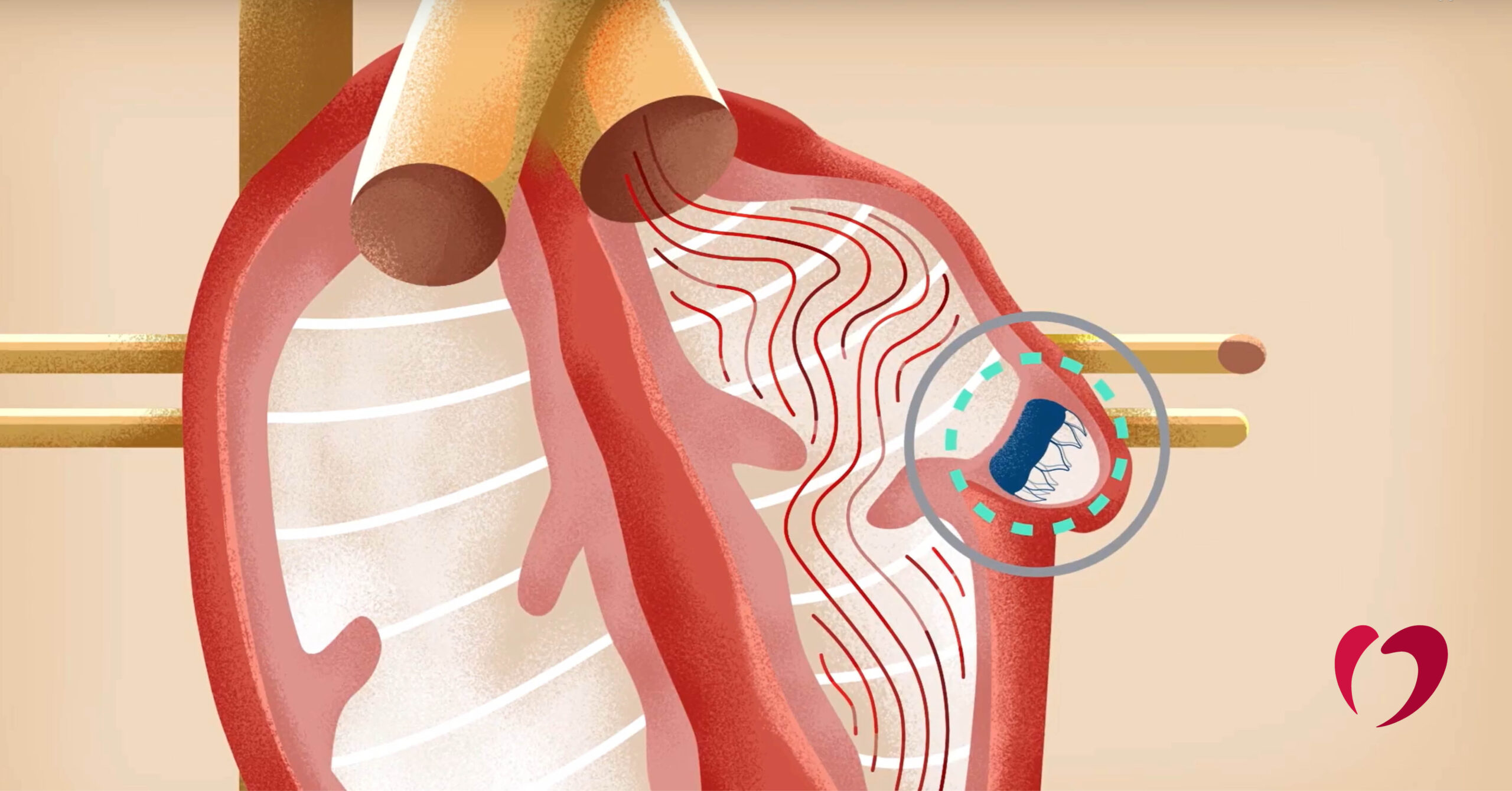How the Heart Changes with Age
Changes in the heart and circulatory system occur naturally as we age. There are many important steps to help maintain a healthy heart as we get older.
Read MoreHow Cholesterol Affects Your Heart and Body
Cholesterol is a waxy, fat-like substance found in the bloodstream. Our bodies need some cholesterol to function, but problems can occur when cholesterol is too high or there’s an imbalance between the two types of cholesterol.
Read MoreSeptember is National Atrial Fibrillation Awareness Month
Atrial fibrillation is the most common heart rhythm disorder in the United States. While patients with AFib have increased risk of stroke, it’s a very treatable condition.
Read MoreFAQ: Clinical Research Trials
Clinical research trials are an important step in creating and testing new procedures and medicines to treat a wide range of health conditions. These are frequently asked questions about clinical trials at Oklahoma Heart Hospital.
Read MoreHeart Health and Memory Decline
When it comes to your brain and heart, the health of one directly affects the health of the other. Heart problems can lead to memory decline in several different ways.
Read MoreGlossary of Common Heart Rhythm Terms
There are many different medical terms you might hear if you or a loved one has been diagnosed with a heart rhythm issue. This glossary highlights some of the most common terms.
Read MoreHeart Health Benefits of a Plant-Based Diet
Plant-based and plant-forward diets are increasing in popularity. Eating more vegetables and fruits and fewer animal products can make a difference for your heart health.
Read MoreHow Dental Health Can Impact Your Heart
Dental health and heart health are connected more than many people realize. Bad dental hygiene habits can increase blood pressure, interfere with hypertension medications, and worsen heart valve infections.
Read MoreConduction Disorders: The Heart Health Problem You Don’t See
Conduction disorders are a general type of heart rhythm issue that occurs when something blocks or impairs the electrical signals in the heart. While some conduction disorders are mild and have no symptoms, others are much more serious.
Read MoreTips for Reducing Sodium Intake
High levels of sodium are a direct cause of high blood pressure. Over time, high blood pressure can lead to heart disease, plaque buildup, and other cardiovascular issues.
Read MoreHow Smoking Impacts Heart Disease
Smoking increases the risk of heart disease, stroke, lung cancer, and many other diseases. Smoking is responsible for roughly 480,000 deaths per year in the United States. Exposure to secondhand smoke significantly increases the risk of heart disease and stroke as well.
Read MoreUnderstanding Sick Sinus Syndrome
The sinus node is a natural pacemaker for the heart. Sick sinus syndrome keeps this node from functioning the way it should, which results in an arrhythmia that can worsen other conditions and increase the risk of stroke.
Read MoreEnhanced Recovery After Surgery (ERAS)
Enhanced Recovery After Surgery (ERAS) is a specific set of guidelines for operative care that help patients get back to normal faster after surgery. ERAS also lowers opioid use, length of stay, and 30-day readmission rates.
Read MoreVascular Surgery: What You Need to Know
Vascular surgery is used to treat issues with the arteries or veins that carry blood throughout the body. New minimally invasive techniques for vascular surgery help reduce recovery time for patients.
Read MoreEducating Family and Friends About Heart Rhythm Issues
Heart rhythm issues are often easily managed with medication or other medical interventions, but it’s important to educate your family and friends about your heart rhythm disorder and any symptoms they should watch for.
Read MoreChronic Care Management at Oklahoma Heart Hospital
Chronic Care Management is a specialized program for Medicare patients with two or more chronic conditions. Heart conditions are often one of the biggest needs, and we’ve been helping patients in this program for many years.
Read MoreWhat You Need to Know Before Open Heart Surgery
While there are some less invasive options available, sometimes open heart surgery is still necessary. Here’s what to expect before, during, and after open heart surgery.
Read MoreCommon Medications to Treat Heart Rhythm Issues
There are two main types of medications for patients with heart rhythm issues. Antiarrhythmic medications help regulate the heart rhythm while anticoagulants can help reduce the risk of blood clots and stroke.
Read MorePreventing Hospital-Acquired Infections
Hospital-acquired infections occur when a patient who is already hospitalized contracts another infection, such as staph, MRSA, C. Diff, or other infection. Proper protocols by healthcare providers and visitors can help reduce the risk.
Read MoreThe Watchman Device for Atrial Fibrillation
The Watchman is an implantable device that can reduce the risk of stroke from atrial fibrillation and allow patients with Afib to stop taking blood thinners.
Read More

